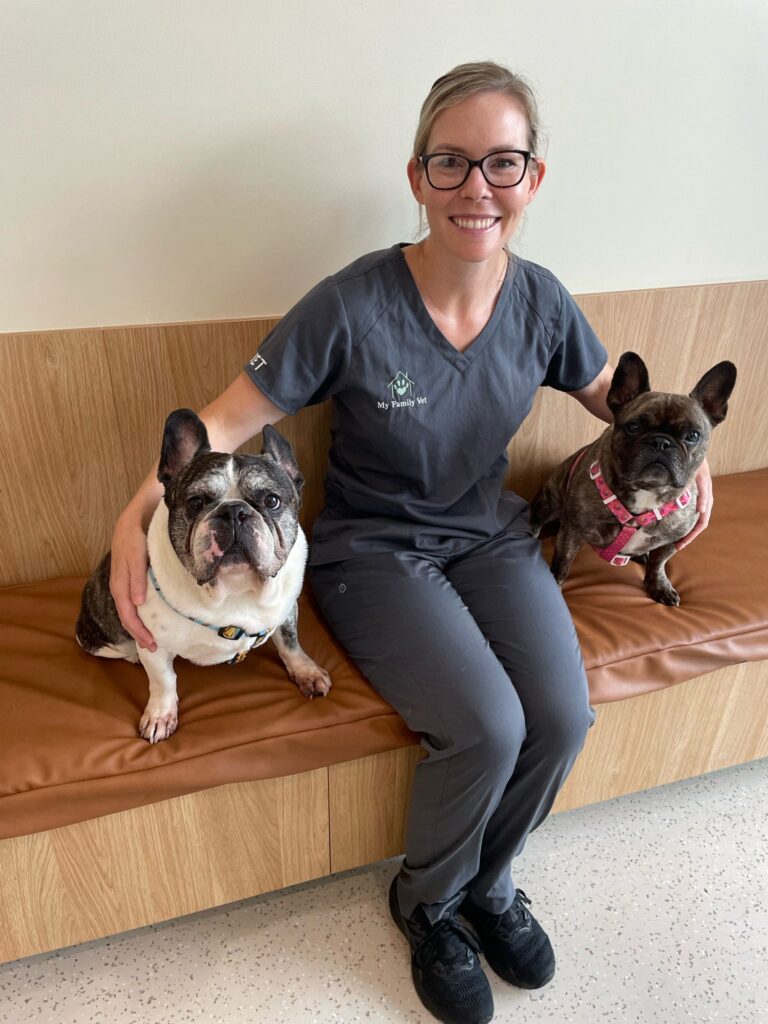In our ongoing commitment to providing the best care for our furry companions, My Family Vet is excited to spotlight a crucial topic in veterinary medicine: Brachycephalic Obstructive Airway Syndrome (BOAS) and the transformative role of airway improvement surgery. This discussion is particularly relevant for owners of brachycephalic breeds like Bulldogs, French Bulldogs, Pugs, Boston Terriers and even King Charles Cavalier Spaniels – all “squishy-faced” dogs.
Understanding BOAS
BOAS is a complex respiratory condition prevalent in brachycephalic breeds due to their unique anatomy, characterized by short skulls and compressed airways. This syndrome encompasses a range of respiratory issues, including narrowed nostrils, elongated soft palates, and a constricted windpipe, leading to laboured breathing, snoring, and intolerance to exercise. Left untreated, BOAS can severely impact a pet’s quality of life and even pose serious health risks. In short, struggling to breathe is awful and it can lead to life-threatening illness!
The Role of Airway Improvement Surgery
Airway improvement surgery is a specialized intervention designed to alleviate the breathing difficulties associated with BOAS. This procedure targets specific anatomical abnormalities contributing to airway obstruction. At My Family Vet we regularly perform these life-transforming surgeries. We are fortunate to have a highly skilled and experienced surgeon Dr Ema Bowman who visits our clinic most weeks to perform pro-active multi-level 5/5 airway surgery.
This includes:
- Nares widening
- Palate thinning
- Palate shortening
- Tonsil removal
- Laryngeal saccule removal
Benefits for Your Pet
The benefits of BOAS surgery extend beyond immediate relief. By improving respiratory function, this procedure enhances your pet’s overall well-being and quality of life. Pets undergoing surgery often experience reduced respiratory distress, increased exercise tolerance, and improved sleep patterns. Furthermore, alleviating breathing difficulties can help prevent secondary health issues like heat stress and respiratory infections. All our pet-parents tell us that their fur-babies are so much happier after the surgery!
Is Your Pet a Candidate?
If you own a brachycephalic breed and notice signs of respiratory distress, such as noisy breathing, excessive panting, or difficulty exercising, please contact My Family Vet to discuss further. Early intervention is key in managing BOAS effectively. Our experienced veterinarians will conduct a thorough evaluation, which may include diagnostic tests like airway assessments and imaging, to determine if your pet is a candidate for airway improvement surgery. Additionally, we will tailor anaesthetic protocols for each brachycephalic dog.
Post-Surgery Care and Recovery
Following surgery, diligent post-operative care is essential. We will provide detailed instructions for managing your pet’s recovery, which may include pain management, restricted activity, and dietary modifications. Regular follow-up appointments will ensure that your pet is healing properly and experiencing the full benefits of the procedure.
In summary, BOAS airway improvement surgery represents a significant advancement in veterinary medicine, offering hope and relief to “squishy-faced” breeds affected by respiratory challenges. By working closely with your veterinarian and exploring appropriate treatment options, we can enhance your pet’s health and happiness. My Family Vet is a “brachy-friendly” clinic with Dr Charlotte Bryant having a special interest in these unique pups and we continue to prioritize the well-being of our beloved companions and advocate for their optimal health.
For more information:
https://kb.rspca.org.au/knowledge-base/what-is-brachycephalic-obstructive-airway-syndrome-boas/

